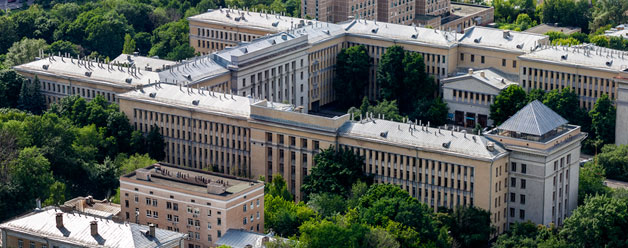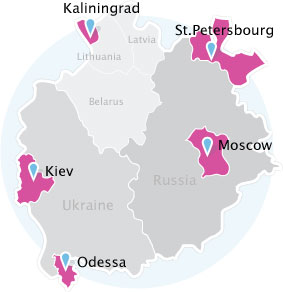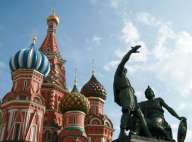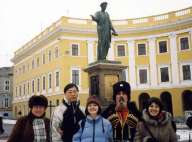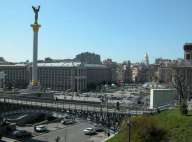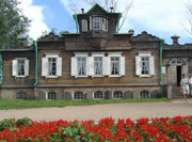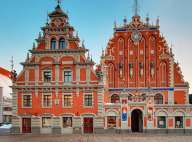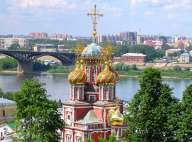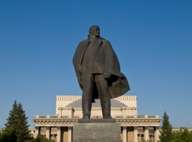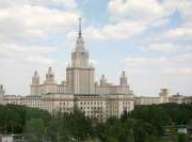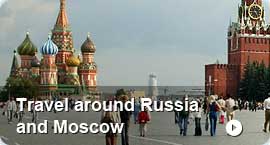International Winter Ecological School
International Winter Ecological School, biology institute presentation
We are pleased to offer the International Winter Ecological School in collaboration with the Faculty of Biology — Degree and short-term educational programs by Lomonosov Moscow State University, which will be held at the Moscow State University’s Zvenigorod Biological Station, January 10-17, 2016. Under the supervision of MSU scientists, the IWES students shall study the challenges of life in winter and the mechanisms of adaptation of different taxa of plants and animals to the winter environment. The IWES includes courses of Winter Zoology of Vertebrates, Winter Biology of High Plants, Winter Hydrobiology and Winter Entomology, each of them consisting of field excursions, lab activity and lectures. Students shall also be encouraged to perform own scientific projects, which will be finally presented at the workshop scheduled for the last day of IWES.
Snow is often referred to as a «White Book». During winter months, all terrestrial activity of mammals and birds can be tracked by the signs they leave on the snow. During the course of Winter Zoology of Vertebrates, School participants will gain the ability to find and read these birds’ and mammals’ tracks. We together will study winter ecology and behavior of different mammals – from small rodents and shrews to carnivores (e.g. mustelids) and ungulates (wild boars and elks). We will also study winter-specific modes of birds’ social behavior including fascinating interactions between different species. School participants will study social hierarchy in populations of small passerine birds observing individuals with the color marks. During the lectures and seminars, we will discuss and compare birds’ and mammals’ habits in different parts of the world with seasonal climate as well as social behavior of wintering birds and mammals.
Winter looks like a completely inappropriate season for the insect activity, doesn’t it? However, there are several options to survive during this hard season, and we will study adaptations of insects allowing them not only to sustain their lives but to stay active, as well! During the course of Winter Entomology, we will collect insects, which have specialized for active life above and under the snow as well as hibernating insects. We will also observe the traces of season-specific insect’s activity. All insects will be identified in the lab. Besides excursions, the lectures on the insect’s adaptations are scheduled.
winter forest 14The course of Winter Hydrobiology aims to demonstrate that species inhabiting water environment do not stop their activities during the cold season. We will collect planctonic and bentic organisms from the water bodies covered with thick layer of ice: the Moskva River, the lake Glubokoye and some smaller ponds. In the lab, we will analyze the probes to investigate winter-specific features of freshwater communities of invertebrates. Students will also perform some experiments in water toxicology.
The course Winter Biology of Higher Plants shall focus on morphological, anatomical and physiological adaptations of plants allowing them to survive during the cold season. We will study the role of the snow in the survival of higher plants, the unexpectedly increased diversity of evergreen and wintergreen species of land plants. We will study the plant bud as a specific adaptation to protect shoot tips against low temperature and dehydration. The School participants will discover how one can learn much more about the higher plants evolution during the winter than during the summer. They also will be able to identify plants in the winter forest. During the seminars and lectures we will discuss morphological and anatomical features of the plants adapted to the cold season and compare them with the features of subtropical plants.
Read more on the schedule and the location.
IWEC Schedule and Location
Here is our tentative schedule for IWESchool. Please do contact us before scheduling your flights or planning to extend/alter the purpose of your stay!
Deadlines for 2015:
October, 1 – Application deadline. Please notice however that the capacity of the School is limited anyway (25 students).
October, 25 – Visa application deadline. This is a deadline if (1) you need Russian visa, (2) you apply directly through our office. For some countries deadline is two weeks later: please, do check it with us.
Programm for 2016:
January, 10 – Students arrive to Moscow and go to the Faculty of Biology. We then shall arrange a bus transfer to Zvenigorod Biological Station at about 17:00.
January, 11 – Safety instructions, introductory lectures, first field excursions.
January, 12-16 – Lectures, excursions, seminars.
January 17 – Final workshop (aka Conference). Transfer to Moscow after lunch.
IWES will be at Zvenigorod Biological Station (ZBS). It is the oldest biological station of the Faculty of Biology, LMSU, founded in very the beginning of the XX century. The history of the ZBS deserves a special story, and students will be able to visit its Museum and to learn it’s connections to several famous Russian scientists and even… Anton Chekhov! The Station is located in a beautiful surroundings of the old Russian town of Zvenigorod with its enchanting Savvino-Storozhevsky Monastery. Yes, those interested will be certainly able to have a look at the attractions.
The Station itself is surrounded by forests of a Natural reserve – in only 2 hours from Moscow by car! It has good mobile network coverage, which makes use smartphones, tablets and notebooks comfortable. Three hot meals per day will be offered, plus we have a little caffeteria with fresh pastries.
